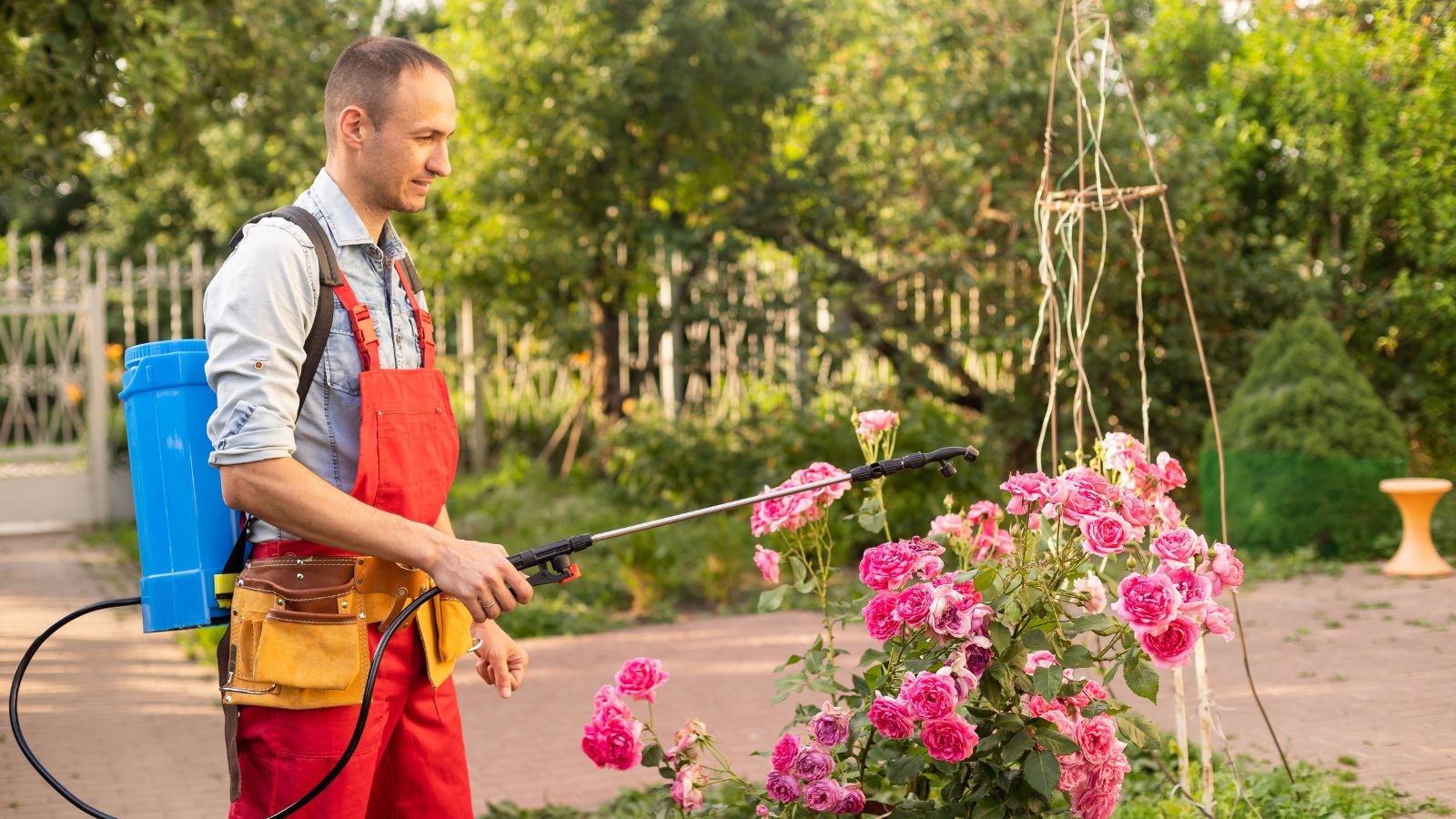School may equip you with equations and historical dates, but they don’t teach you much about the practicalities of life. From managing finances to changing a flat tire, there’s a whole set of essential skills often left out of the traditional curriculum. This article delves into these missing pieces – the vital skills schools no longer teach but could make a world of difference in preparing kids for the real world.
Money Management

Money management, encompassing budgeting, saving, and responsible debt use, should be a fundamental life skill taught in schools. This knowledge helps students to make informed financial decisions, build financial security, and avoid pitfalls like debt and bankruptcy. By understanding these principles early on, students can develop healthy financial habits that will guide them throughout their lives.
Relationship Training

It’s absurd that we require extensive training for driving and college entrance, yet marriage requires practically nothing. This crucial aspect of life, impacting finances, health, and happiness, receives zero formal education. With many children lacking healthy relationship role models at home, the cycle of uninformed decision-making highlights the desperate need for relationship education. Ideally, relationship education should be a part of the school curricula or accessible through community programs.
Interpersonal Skills

In this world dominated by digital communication, schools should prioritize teaching interpersonal skills. Engaging in meaningful face-to-face conversations, reading body language, and actively listening is crucial for success in personal and professional relationships. These skills, often neglected in favor of traditional subjects, are vital for navigating the complexities of human interaction throughout life.
Learning From Failure

Our education system, focused solely on rewarding success and penalizing failure, misses a crucial lesson: some of life’s most valuable learning comes from setbacks. Embracing the ‘art of failing’ equips students with the resilience and adaptability to navigate challenges. It fosters a growth mindset that encourages them to learn from their mistakes and deal with difficulties.
Cooking

While culinary expertise isn’t necessary, basic cooking knowledge is vital for healthy living. Understanding food prep, hygiene, and portion control allows students to take charge of their well-being, save money, and eat nutritiously rather than relying on restaurants or processed foods.
Self Defense

Self-defense, a crucial real-world skill, is missing from many modern curriculums. While schools may focus on safety procedures, self-defense empowers individuals to take action in threatening situations. Knowing how to defend yourself, even if never used, could mean the difference in staying safe. This practical skill goes beyond tools like pepper spray and teaches valuable techniques for anyone facing danger.
Household Repairs

Hands-on skills like fixing a leaky faucet or cleaning a blocked pipe are fading from the school curriculum. The shop class, once a standard fixture, has disappeared. This leaves many students graduating unprepared for the realities of essential home maintenance. These seemingly minor fixes can save money and frustration in the long run, making them valuable life skills.
Time Management

Students are bombarded with deadlines, but schools often neglect to teach crucial time management skills. This is a significant oversight, as effective time management becomes even more valuable as we age and juggle work, family, and personal needs. Fortunately, technology offers a helping hand with calendars, reminders, and time management apps, but these tools are most beneficial when paired with the knowledge of how to use them strategically.
Basic First Aid

Schools often overlook essential survival skills like CPR and basic first aid. These skills aren’t just about personal safety; they can mean the difference between life and death in an emergency. Key skills include assessing the situation, calling for help, performing CPR, treating bleeding, managing burns, and recognizing signs of various emergencies. Unfortunately, first aid education often falls to parents, who may not have these skills.
Car Maintenance Skills

Car maintenance, once a common subject in shop classes, is disappearing from school curriculums. This is a drawback for many who rely on cars daily. Knowing how to change a tire, check fluids, and perform basic upkeep can save money, prevent breakdowns, and even improve safety by giving drivers a better understanding of how their car works.
Understanding Basics of Law

Understanding the law is a practical skill that every individual should possess. As students transition into adulthood, they should receive basic education about laws relevant to their lives. Questions like whether trespassing is a misdemeanor or a felony, the implications of decorating a friend’s car, or the possibility of arrest for unpaid debts (such as credit card bills) are essential. Additionally, knowing their rights upon arrest is crucial. By imparting legal knowledge, we empower students to navigate society responsibly and make informed decisions.
Digital Etiquette

Digital etiquette, also known as netiquette, is a crucial skill that should be taught in schools. With technology entering every aspect of our lives, understanding how to navigate the digital landscape respectfully and responsibly is essential. Students must learn about online kindness, privacy awareness, social media etiquette, critical thinking, and self-regulation. Incorporating digital etiquette into the curriculum prepares students to be responsible digital citizens, fostering a safer and more respectful online environment for everyone.
Gardening

Unfortunately, gardening has faded from many school curricula. Yet, it remains a valuable and rewarding pursuit. By learning about soil composition, proper watering techniques, and pest control, students can cultivate plants and develop an appreciation for the natural world. Gardening fosters self-sufficiency, sustainability, and a sense of environmental responsibility.
Home Economics

Home economics includes a range of practical knowledge essential for independent living. While these classes have become less common in schools, their value remains significant. Students should learn about cooking and meal planning, budgeting and financial literacy, sewing and clothing care, household management, basic repairs, personal hygiene, and emergency preparedness. Reintroducing this subject or integrating these skills into existing classes would empower students to navigate the practical realities of adulthood confidently.
